Quitting smoking when you’re an avid smoker is really a big deal; it’s really not going to be an easy switch. But one thing is sure, you will be doing yourself more good than harm by making that switch.
However, there’s always this one question asked by smokers transitioning to vaping, and that is, “What happens to my body when I quit smoking and start vaping.” If you have the same question to ask, this article will address that in detail.
Making the Switch from Smoking to Vaping
Smoking has come under heavy condemnation in recent years due to the several proven damages it does to the human system. However, for many people, smoking cigarettes is the only way they cope with their day or get over certain emotions or PTSD feelings. But, if we look at it from a health-first perspective, vaping is a lot similar to smoking and yet healthier to choose.

Vapes allow you to inhale flavored aerosols and enjoy the rush and buzz from nicotine without depositing as much toxic chemicals as traditional cigarettes drop in your systems. Always, switching from smoking to vaping is always a great and commendable choice for smokers. However, vaping isn’t 100% “perfect;” of course, it has its own health concerns; they are just not as life-threatening as those associated with smoking.
Why Do People Start Vaping?
Vaping is considered the perfect “quit smoking” activity for avid smokers. Even healthcare providers may advise smokers to switch to vaping if they wish to continue consuming nicotine and feel almost the same way they feel from smoking cigarettes. Nevertheless, there are a lot more personal reasons why different people decide to quit smoking and take on vaping.
What Makes People Start Vaping?
Generally, many smokers turn to vaping for a combination of perceived health benefits, flexibility in nicotine dosing, and social convenience. Unlike cigarettes, vape juice used in vapes come in a wide array of flavors and nicotine strengths, allowing users to tailor their experience—and, in some cases, taper their nicotine intake over time. According to the Centers for Disease Control and Prevention, the customization and reduced number of harmful combustion by-products are key drivers behind the shift from smoking to vaping.
What is the Age to Start Vaping?
It all depends on your state or country. In the United States, the federally approved legal age for vaping is 21 years and above. This means that if you’re below 21 and possess a vape in the US, you’re likely to be fined or subjected to specified penalties depending on your county and state. Of course, there are countries where the legal vaping age starts from 18 years.

But the truth remains that these vape devices somewhat appeal more to much younger adults (below 21 years of age), and this has led to uproars that have forced the senators of different US States to pass bills restricting vape sales and usage within their jurisdictions. Make sure to confirm the legal vaping age and laws for your county and state before proceeding to get your first vape.
Can Vaping Help You Quit Smoking?
Vaping is often advertised as a “quit smoking” getaway, but it’s definitely not that way for everybody. For a good number of smokers, vaping really did the magic, but we can’t deny the fact that there are many others whom this didn’t help, and so they ended up doing both—they both vape and smoke interchangeably.
How Vaping Can Help You Quit Smoking
Vaping can act as a harmreduction tool by delivering nicotine without the tar and thousands of other toxicants found in cigarette smoke. It delivers literally the same feeling and sensational hits as smoking, but deposits fewer toxicants; so, you will likely get the same feeling as you do while smoking while exposing your body to fewer risks—that can help an avid smoker to transition. A 2021 randomized study showed that smokers using higher-strength nicotine e-liquids and behavioral support had significantly higher quit rates than those using nicotine replacement therapies like patches or gum.
Should I Start Vaping to Quit Smoking?
Well, if you’ve tried and failed with conventional cessation methods, vaping may be a viable, pragmatic alternative—provided you stick with regulated vape devices and quality-controlled e-liquids. Speak with your doctor to assess your individual risk profile and set a clear tapering plan.
Is It OK to Vape When Quitting Smoking?
Yes, in most contexts. Even healthcare groups would recommend vaping for addicted smokers who are seeking alternatives they can switch to. Vaping is widely endorsed as a smokingcessation aid, advising smokers that occasional dual use during transition is preferable to continuing to smoke combustible cigarettes.

Is Vaping Good After Quitting Smoking?
While vaping is generally considered less harmful than smoking, it’s not 100% risk-free. If you’re looking to quit nicotine entirely, then vaping might not be the best alternative for you, but, if you’re looking to tame and control your nicotine addiction, then yeah, vaping is a good choice. Switching entirely to vaping can yield substantial health gains compared to ongoing smoking.
What to Expect When You Switch
Apparently, there are going to be some changes you’ll notice when you switch from smoking to vaping. You might even feel awful in the first few months or years, but eventually, your body will adapt as you continue.
What to Expect When You Quit Smoking and Start Vaping?
Your body will need some time to adopt your new aerosol activity, and in the first few days or weeks, you may experience the following:
· Headaches
· Lightheadedness
· Nausea
· Buzz effects
· Vomiting
· Mouth irritation
· Throat irritation or “vaper’s tongue”—a temporary reduction in flavor perception.
If these signs don’t stop in a matter of weeks, make sure to consult a licensed doctor and get a tailored “quit smoking” plan.
What Happens to the Body When Switching from Smoking to Vaping?
· Immediate Changes (Within 24–48 Hours): The carbon monoxide levels in your blood will normalize, improving oxygen delivery to tissues and proper blood circulation.
· Short Term (2 Weeks–3 Months): Improvement in your lung function and breathing capacity starts to recover; you’ll notice less coughing and easier exertion.
· Mid Term (3–9 Months): Cilia—tiny hair-like structures that clear mucus—regenerate in the airways, reducing infection risk and improving respiratory health.
· Long Term (1 Year+): The risk of coronary heart disease drops significantly—nearly by half compared to continual smokers. Lung tissue may repair to some extent in heavy, long-term smokers.

Can Lungs Heal After 1 Year of Vaping?
The extent of healing will depend on your prior smoking history and whether you’ve sustained any permanent damage beforehand. While quitting smoking yields medium-to-high cardiovascular benefits after 12 months, a complete reversal of emphysematous changes is unlikely. However, vapers may experience measurable improvements in lung function tests and show fewer respiratory symptoms within a year of switching.
Understanding the Health Impacts of Vaping
Well, vaping might be better and less damaging than smoking, but it is not without its own risks, which in some cases, are almost similar to that of smoking.
Is Vaping Safer Than Smoking?
Generally speaking, from a health-first vantage for an addictive smoker, yes, vaping is safer; it exposes you to much fewer toxicants than smoking, and that, is a big advantage for your respiratory systems and vital organs.
Is Vaping Easier on the Lungs Than Smoking?
E-cigarette (the general medical classification under which vapes fall) aerosol contains far fewer carcinogens and toxins than cigarette smoke, making it “markedly less risky,” according to the U.S. Food and Drug Administration’s tobacco center director. Users report fewer instances of chronic bronchitis and improved spirometry values compared to when they were smoking.
Is Vaping Harmful?
Despite being less harmful compared to smoking, vaping still presents a few health risks:
· Chemical Exposure: Some ingredients like diacetyl, used in making e-liquids have been linked to bronchiolitis obliterans (popcorn lung disease), which is an incurable lung illness. But there hasn’t been any proven case of a vaper contracting this illness simply because of vaping. Also, diacetyl has long been banned from being used in e-liquid formulations.
· Nicotine Dependence: Using high-nicotine vapes or becoming addicted to the act can make one become dependent on nicotine, which comes with a lot of complications.
Potential Side Effects of Vaping
· Throat and Mouth Irritation: Common in new users.
· Dry Cough
· Headaches and Nausea: Often tied to excessive nicotine levels; reducing your nicotine exposure may resolve this.
· Allergic reactions
Are Vapes Safe to Use in Pregnancy?
NO. Just as you shouldn’t smoke as a pregnant woman, you shouldn’t vape either. Pregnant vapers may face low birth weight, preterm delivery, and brain and lung developmental issues in their babies. You should avoid nicotine products all through your pregnancy period.
Summary
Transitioning from smoking to vaping can deliver significant, measurable health gains—particularly within the first year—by reducing exposure to tar, carbon monoxide, and myriad toxicants found in traditional cigarettes. Vaping can serve as a practical, customizable cessation tool that mitigates withdrawal symptoms while retaining the behavioral rituals of smoking. But be careful, vaping is not without its own set of risks.















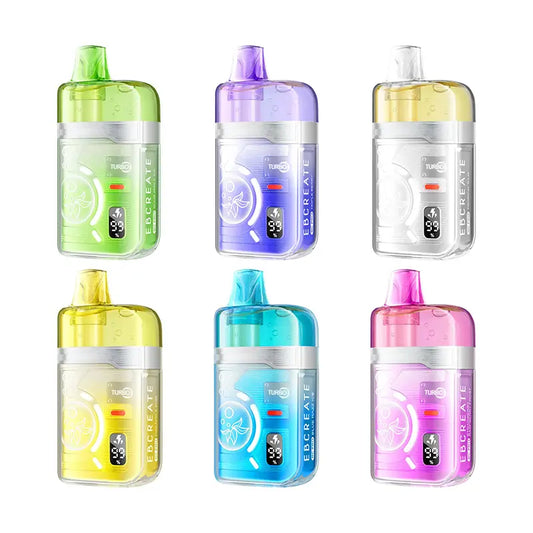
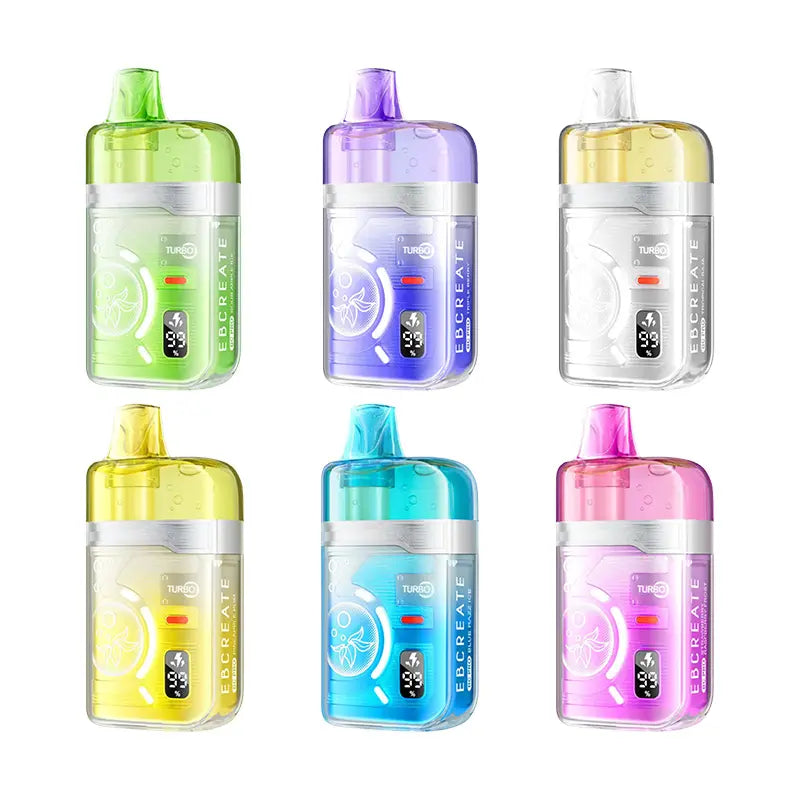

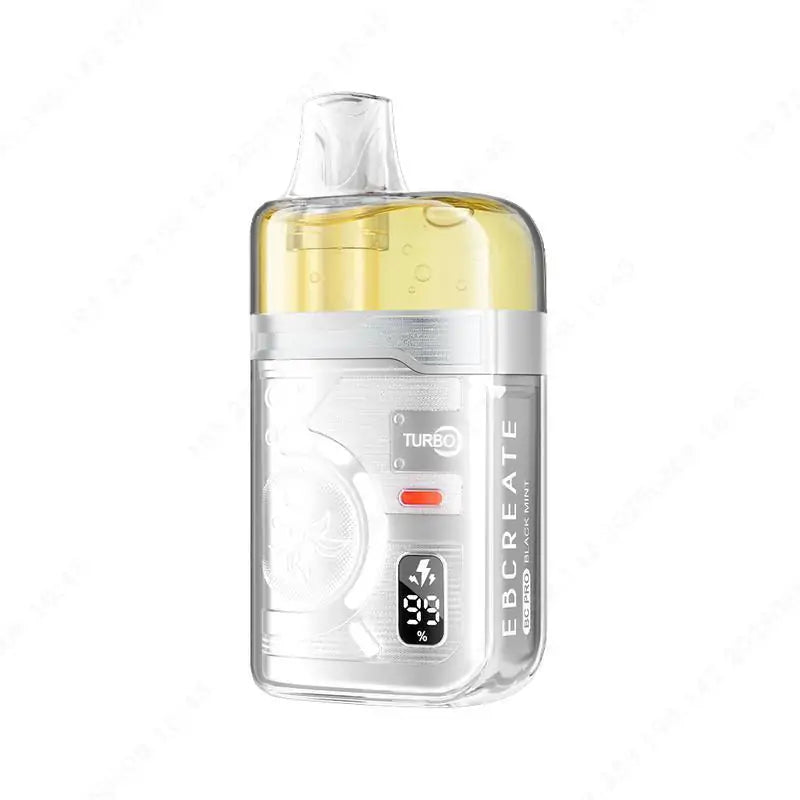



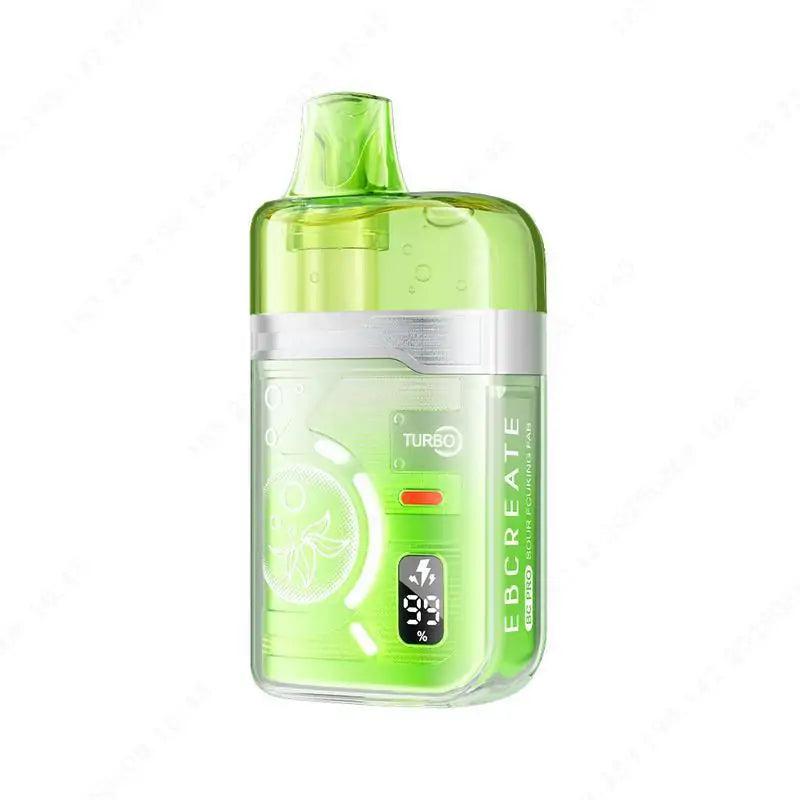

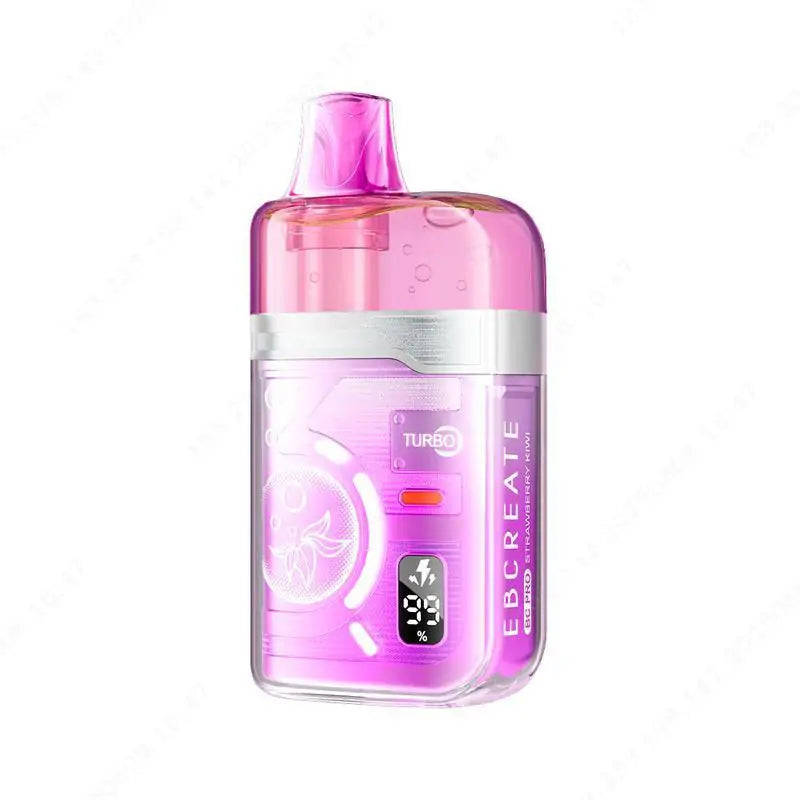
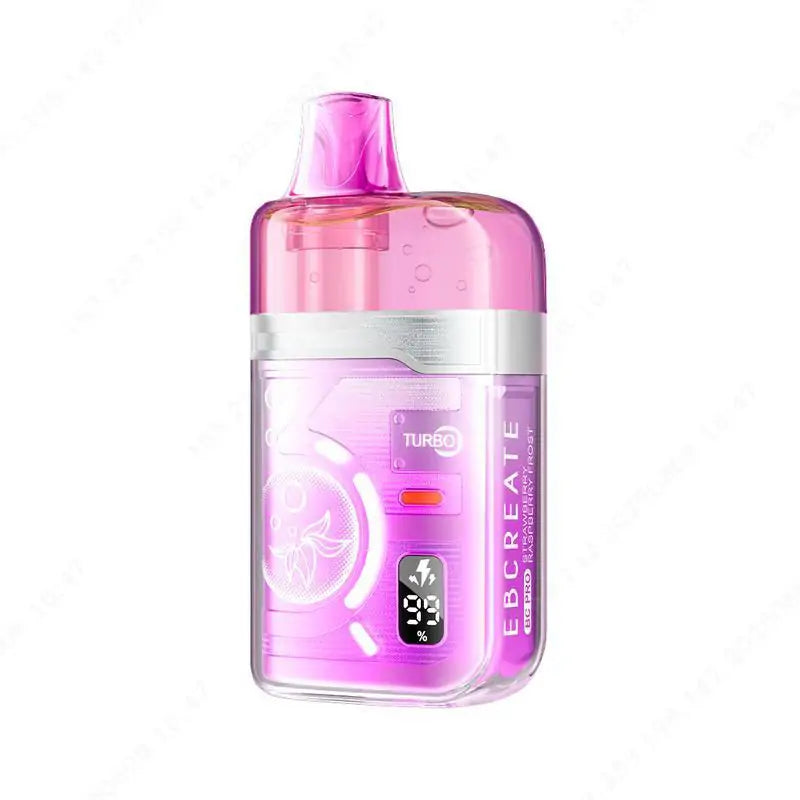


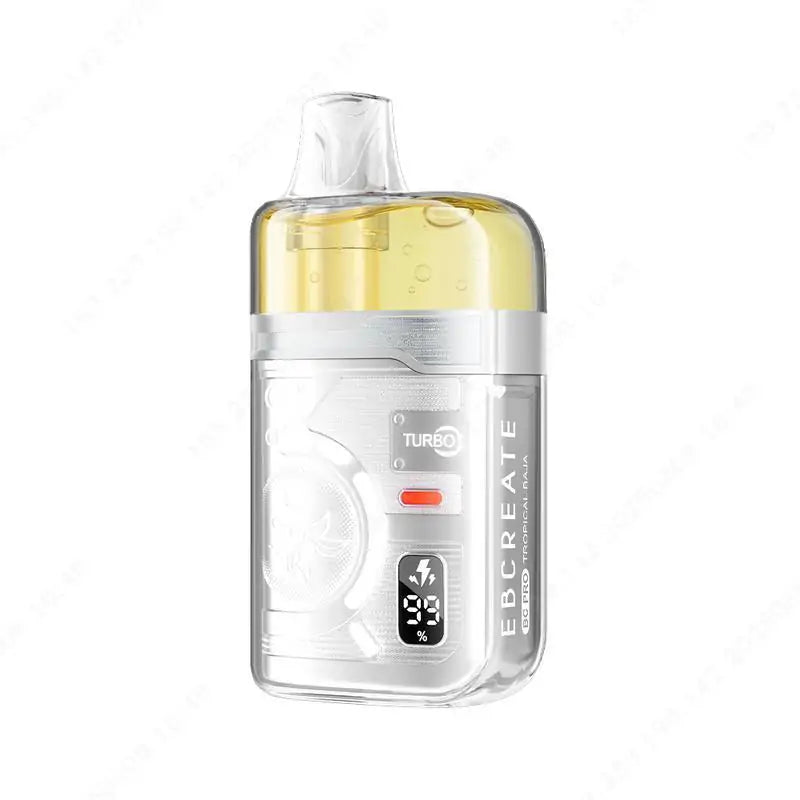















![Baja Blast Geek Bar Review and Alternatives [2025 Latest]](http://www.vapingland.com/cdn/shop/articles/baja-blast-geek-bar.png?v=1759403383&width=100)


